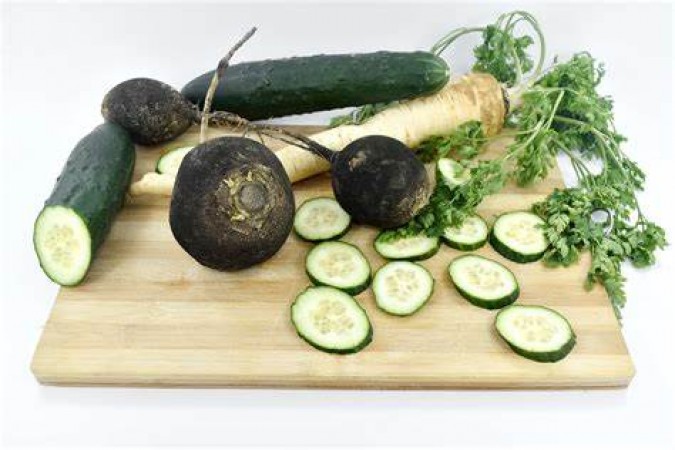
In today's fast-paced world, it's easy to overlook the importance of maintaining a healthy diet. One dietary element that often gets sidelined is fiber. Fiber is a crucial component of a balanced diet, and in this article, we'll delve into why you should make it a regular part of your eating habits.
Before we dive into the reasons for including fiber in your diet, let's take a moment to understand what fiber actually is.
Fiber, also known as roughage, is a type of carbohydrate that the body can't digest. Instead, it passes through the digestive system relatively intact. There are two main types of fiber: soluble and insoluble.
Soluble fiber dissolves in water and forms a gel-like substance in the digestive tract. It can help lower cholesterol levels and stabilize blood sugar.
Insoluble fiber doesn't dissolve in water and adds bulk to the stool. It aids in regular bowel movements and prevents constipation.
Now that we have a basic understanding of fiber, let's explore why it's essential to incorporate it into your daily diet.
Fiber is a digestive system superhero. It promotes regular bowel movements and prevents constipation by adding bulk to your stool. This not only ensures your digestive system stays on track but also reduces the risk of developing gastrointestinal issues.
Including fiber in your diet can aid in weight management. High-fiber foods are often lower in calories and make you feel full for longer, reducing the temptation to overeat or snack on unhealthy options.
Soluble fiber, found in foods like oats and beans, can help lower cholesterol levels. By doing so, it reduces the risk of heart disease and maintains a healthy cardiovascular system.
Fiber plays a crucial role in regulating blood sugar levels, especially for individuals with diabetes. It slows down the absorption of sugar, preventing sudden spikes and crashes in blood glucose.
Fiber serves as nourishment for the beneficial bacteria in your gut. A healthy gut microbiome is linked to improved immunity and even mental well-being.
A diet rich in fiber has been associated with a lower risk of colorectal cancer. It helps move waste through the colon efficiently, reducing the exposure of colon cells to potentially harmful substances.
Fiber-rich foods take longer to chew, giving your brain more time to register that you're full. This natural appetite control mechanism can prevent overeating.
Believe it or not, your dietary choices can impact your skin. Fiber helps eliminate toxins from the body, contributing to a clearer complexion.
Now that you understand the benefits of fiber, here are some simple ways to incorporate it into your daily meals:
Opt for whole-grain cereals or oatmeal for breakfast to kickstart your fiber intake.
Include beans, lentils, and chickpeas in your salads, soups, or stews for an extra fiber boost.
Munch on fresh fruits and vegetables like apples, carrots, and celery for a healthy, fiber-rich snack.
Whole fruits provide more fiber and nutrients compared to fruit juices.
Check product labels for the fiber content, and choose foods with higher fiber content when shopping.
If you're not used to a high-fiber diet, introduce it gradually to allow your digestive system to adjust.
Including fiber in your diet offers a myriad of health benefits, from improved digestion to better heart health and weight management. It's a simple yet powerful way to enhance your overall well-being. So, make a conscious effort to incorporate fiber-rich foods into your meals and reap the rewards of a healthier, happier you.
Back-to-School Lunch Ideas Without Peanuts
Celebrities' Top 15 Skin-Care Tips for Radiant Skin
Forget the Celebrity Miracle Treatments: Effective Ways to Get Rid of Acne